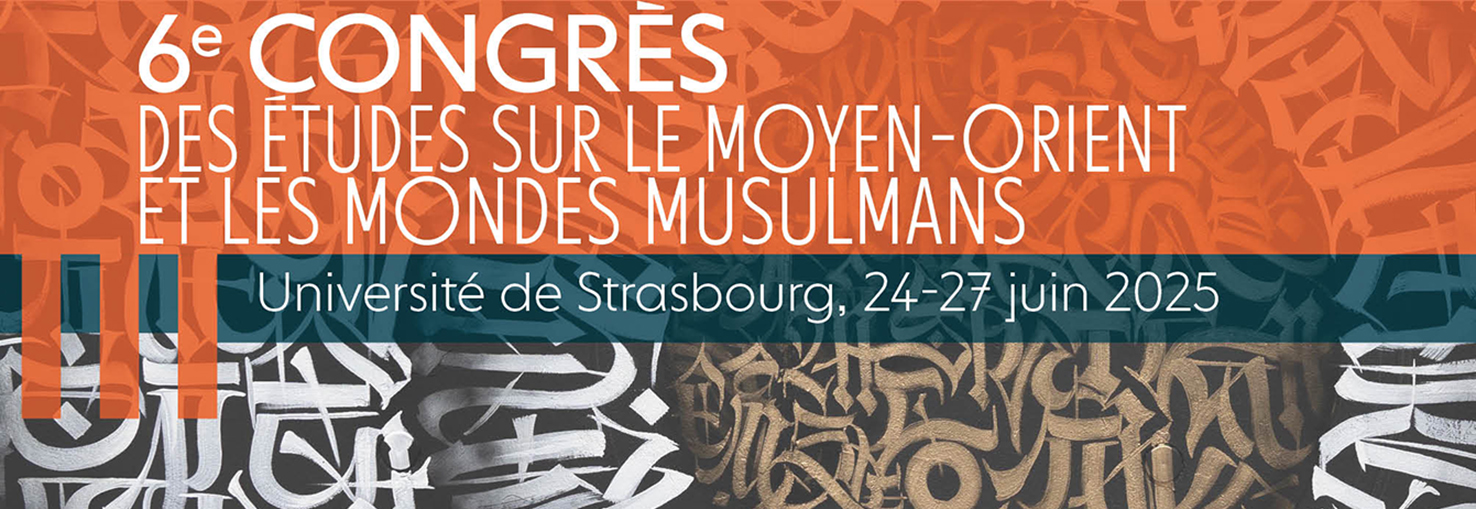
Intervenants > Balda-Tillier Monica
a - b - c - d - e - f - g - h - i - j - k - l - m - n - o - p - q - r - s - t - u - v - w - x - y - z
|

Intervenants > Balda-Tillier Monica
a - b - c - d - e - f - g - h - i - j - k - l - m - n - o - p - q - r - s - t - u - v - w - x - y - z
|
 Chargement...
Chargement...